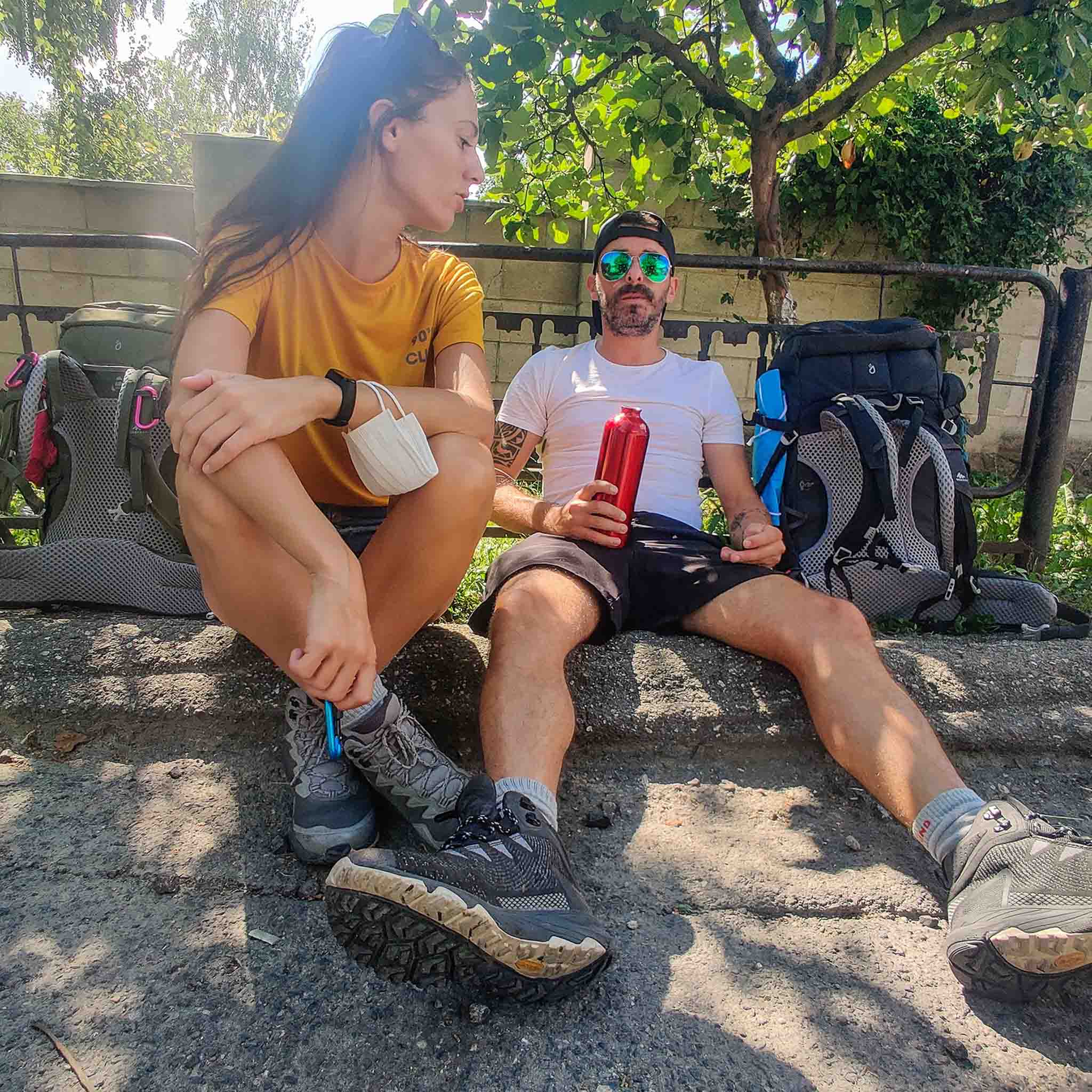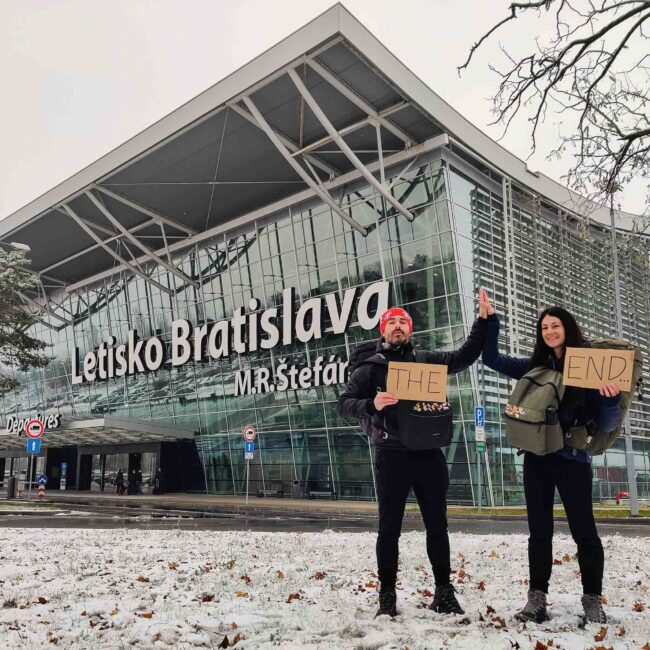Ultimate Travel Guide Lebanon


Discover budget-friendly travel tips and everything you need to know in the ultimate travel guide to Lebanon.
With a size of 10,452 km² and a population of 5.593 million, Lebanon is often overlooked but reveals itself as a hidden gem in the heart of the Middle East. Travellers should consider an unforgettable journey along the Syrian border, picturing a stunning landscape between mountains and the Mediterranean offering many activities.
Lebanon, like many other Middle Eastern countries, is a treasure trove of must-see places. Byblos and Batroun, with their Roman ruins, stand out as exceptional destinations, providing a captivating glimpse into Lebanon’s historical tapestry and making them top choices for enthusiasts of ancient Roman heritage.
Embark on a journey to Lebanon and make the most of your trip with this ultimate guide, filled with all the essential tips for your stay.
What to Know
Best time to visit
Lebanon experiences four distinct seasons, making it suitable for year-round visits. However, spring is considered the best time to explore the country.
Currency and ATMs
Lebanon’s official currency is the Lebanese pound. While ATMs in the country allow you to withdraw money in both Lebanese pounds and US dollars, it is advisable to carry cash due to the high fees associated with ATM transactions. Additionally, it’s worth noting that not all establishments accept credit cards.
Safety Rank
Lebanon is a safe destination for visitors. However, we recommend avoiding certain areas without a guide, such as those near Palestinian refugee camps and the borders with Syria or Israel.
Hitchhiking
Hitchhiking in Lebanon is easy in mountainous and coastal areas, but hitchhiking inside cities is impossible. Be cautious with taxis, as many lack a visible “TAXI” sign. To identify public transportation, note that plates for taxis, buses, and vans are red, while regular vehicles have white plates.
Visa
To visit Lebanon, the majority of individuals must obtain a visa. The exceptions to this rule are Lebanese nationals and citizens of GCC countries (Bahrain, Kuwait, Oman, Qatar, Saudi Arabia, United Arab Emirates), who are exempt from visa requirements.
Plugs
Lebanon employs three types of plugs: C, D, and G. The electrical system operates at a voltage of 230V and a frequency of 50Hz.




























































